Insulation Tips
How Does Fibreglass Insulation Work?
If you’re planning on insulating your home or commercial property, you want to make sure you invest in the right products for the job. Fibreglass or glasswool insulation is one of the most popular choices in Australia thanks to its excellent thermal and acoustic properties as well as its affordable price.
Below, we answer all your questions about fibreglass insulation, including “How does fibreglass insulation work?”, “Is it itchy to work with?” and “How does it stack up against other types of insulation?”
What Is Fibreglass Insulation?
Fibreglass insulation (also known as glasswool insulation) is made from recycled glass materials that are melted at high temperatures and then spun into long fibres. The fibres are joined together with a binder and baked in an oven before being sliced into the right size and packaged up.
The glass fibres hold millions of tiny air-pockets in between them, which is what gives glasswool insulation its excellent insulating properties.
Glasswool is one of the most popular insulating materials for residential and commercial applications because of its effectiveness and affordability. Knauf Earthwool, Fletcher Pink Batts and Bradford Insulation are among the most popular glasswool brands available in Australia.
Also read: Insulation brands – Does it really matter?
How Does Fibreglass Insulation Work?
Fibreglass batt insulation contains thousands of tiny air pockets inside its structure. These pockets trap the air and disrupt the flow of heat, making the insulation a poor conductor of thermal energy.
In other words, fibreglass insulation helps keep heat out of your house during summer and helps you keep the warmth in during winter. It also makes heating and cooling more energy efficient, saving you money on your power bill.
To be effective, it’s important that fibreglass batts are not compressed during installation or afterwards. It’s also important that there are no gaps left between the batts as anywhere that air can get through, so can heat.
Also read: How does insulation work?
Is Fibreglass Good for Insulation?
Fibreglass is an excellent thermal insulator. It also performs well as acoustic insulation. Specialised acoustic glasswool batts are ideal for soundproofing your home while also improving energy efficiency.
How effective a fibreglass product is at resisting heat flow depends on its thickness and R-Value. A high R-Value indicates higher thermal resistance – and greater potential savings on your energy bills.
Depending on where you live and what areas in your home that you are insulating, there are different recommended R-Values. You may even have to meet local building regulations when it comes to R-Values.
Check out our guide “What is R-Value?” to find out what R-Value you need.
What Happens if Fibreglass Gets Wet?
Wet insulation is a dilemma at the best of times, and glasswool insulation is no exception to this.
Glasswool relies on the microscopic air gaps inside to resist heat flow. If they get soaked with water, they won’t be able to do their job. Wet glasswool insulation also increases the risk of mould and other moisture issues.
For this reason, glass insulation should always be stored high and dry. If any part of a glasswool batt should become wet it should be cut off, discarded and never used. If your home suffers storm damage or a plumbing leak, you should have your insulation inspected for water damage.
Is Fibreglass Insulation Itchy to Work With?
In the past fibreglass batts have been associated with severe irritation of eyes, nose, skin and throat, but thankfully technological developments have resulted in a vast improvement in the product design.
Modern glasswool products are softer to touch and more pleasant to handle. Brands such as Knauf Earthwool have taken the low-itch factor to a new level, and you’d have a hard time guessing that it is indeed glasswool insulation.
That being said, all fibreglass insulation can be a little bit itchy to work with if you have sensitive skin. The itch caused by working with modern day quality glass wool insulation isn’t caused by chemicals, but simply by the tiny glass fibre ends which make up the consistency of the glass insulation.
For this reason, it’s recommended to wear a long sleeve shirt and gloves when handling glasswool. If you find that your hands and arms are itchy at the end of the day, a good rinse under cold water should resolve the problem.
How Long Does Fibreglass Insulation Last for?
Most glasswool insulation products should last the lifetime of your house. When purchasing home insulation, check the manufacturer’s warranty to get an estimation of how long your investment will last. Many of the glasswool products we offer at Pricewise Insulation have a lifetime warranty of 50-70 years.
Find out more: How long does insulation last?
Which Is Better Insulation: Foam or Fibreglass Batts?
Expanding insulation foam is a type of insulation that can be sprayed into the walls or ceiling by a professional using special machinery. If you are building a new home or undergoing major renovations, we recommend using batt insulation.
In circumstances where the wall cavity cannot be exposed, expanding foam may be a more convenient option. However, it’s important to understand the limitations of expanding foam, such as settling over time and the potential for off-gassing.
Find out more: Expanding foam vs insulation batts
Why Is Glasswool Insulation Still So Popular?
Glasswool insulation has been used since the mid 1900s for insulating walls, ceilings and floors and it remains hugely popular today. Some of the advantages of glasswool include:
- Sustainability – The bulk of the insulation originates from recycled materials and sand, which is one of the world’s most abundant natural resources.
- Vermin and rot resistant – Glasswool insulation products don’t encourage vermin to nest in them and are resistant to rot.
- Non combustible – It does not burn if exposed to fire and will not spread flames in the case of a fire.
- Durability and longevity – When properly installed, glasswool insulation can be expected to last as long as the home itself.
- Easy to handle – Glasswool is easy to cut and handle, making it ideal for both professional and DIY installations.
Where Can You Buy Glasswool Insulation Online?
If you’re looking to insulate your home or commercial space, glasswool insulation could be the perfect solution. Check out our range of glasswool products and place an order today. If you need expert advice about your project, don’t hesitate to give our team a call on 1300 729 639.

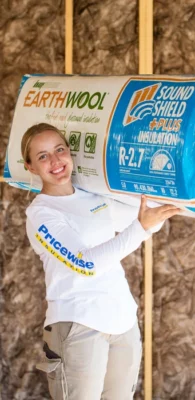
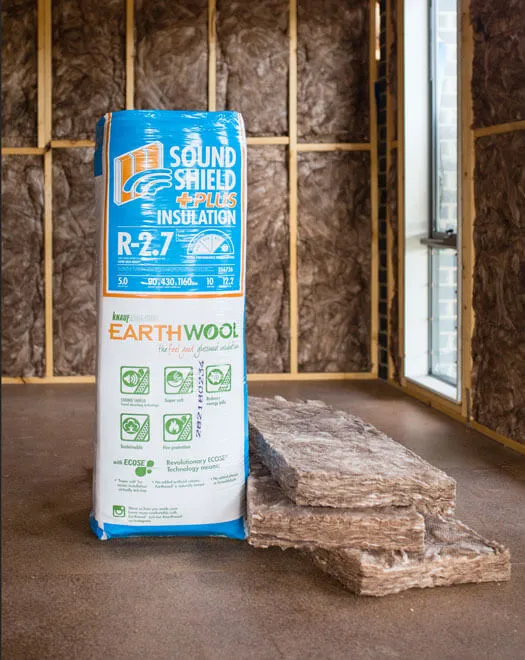
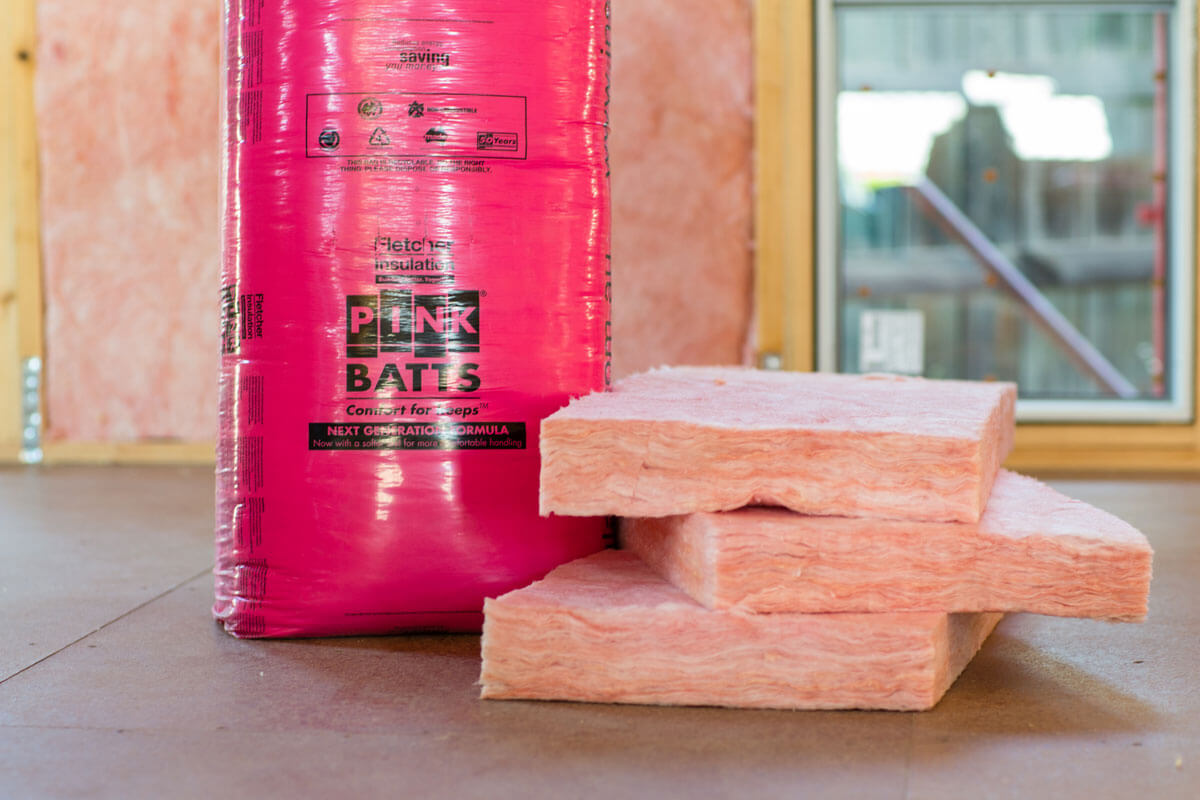
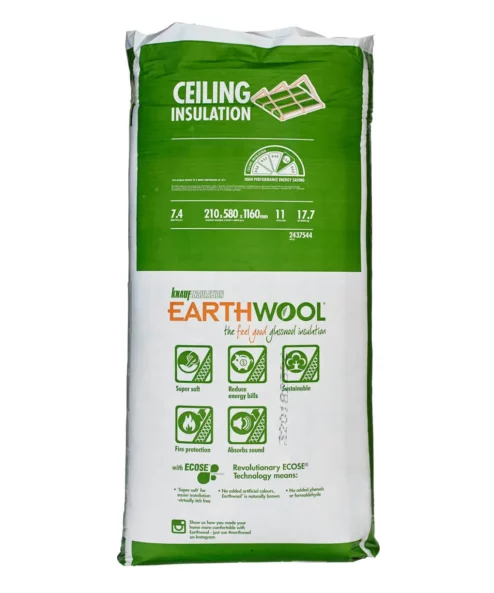
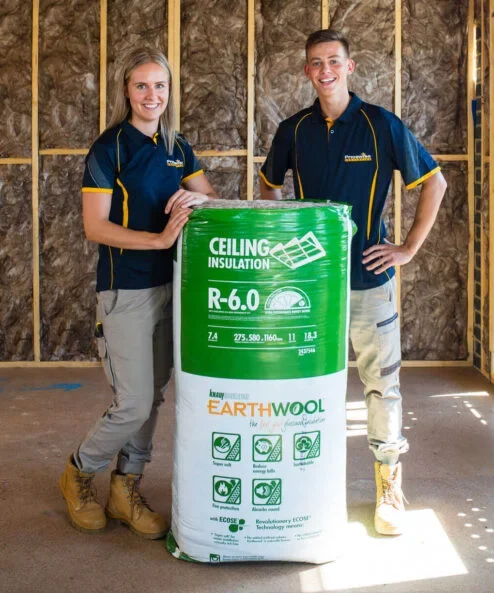
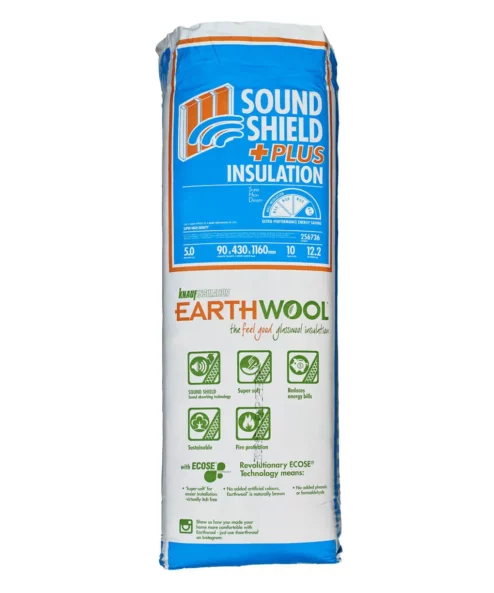
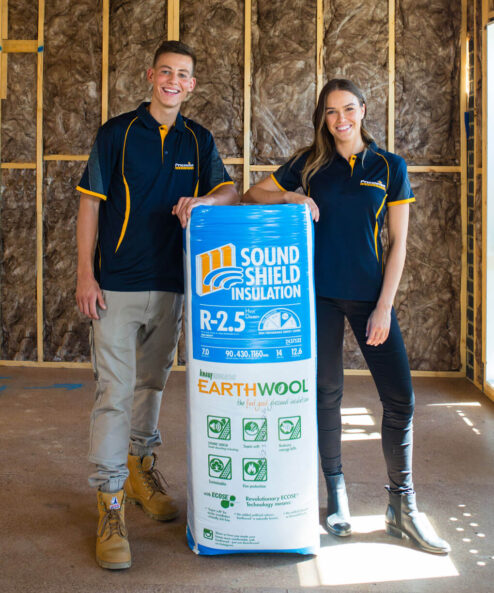
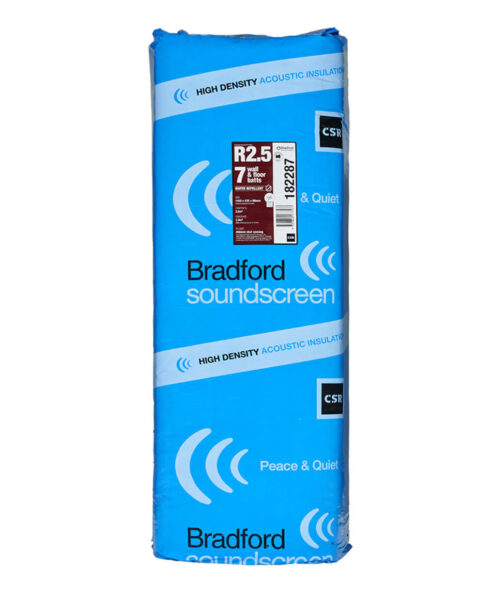
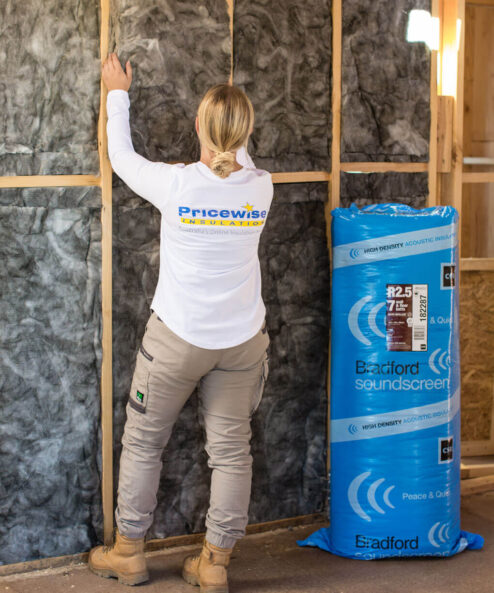
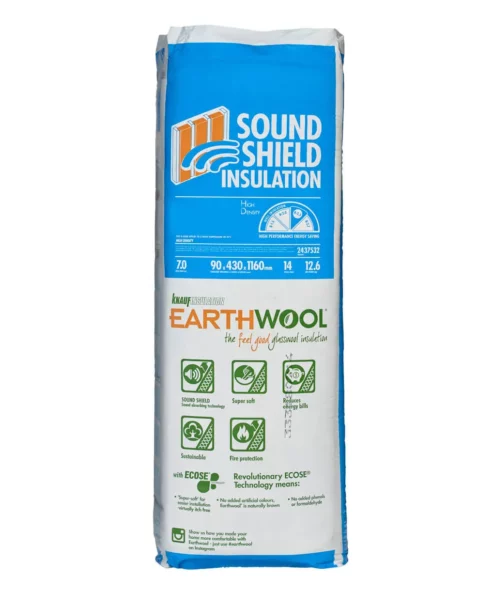
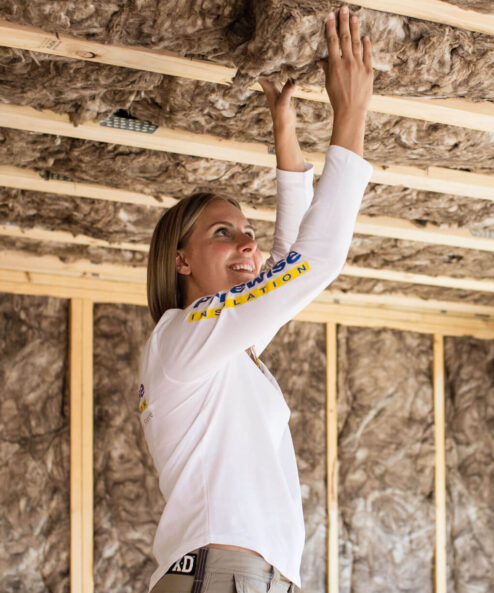
Good information thanks
Thanx for detailed information.
We know that fiberglass is a completely natural material, ecologically clean and harmless to human health. Glass fiber is obtained from more than 25 million years old quartz sand by melting together with other raw materials in a glass melting furnace at a high temperature of 1580 ° C. It has added binders to give the materials better strength and water tightness.